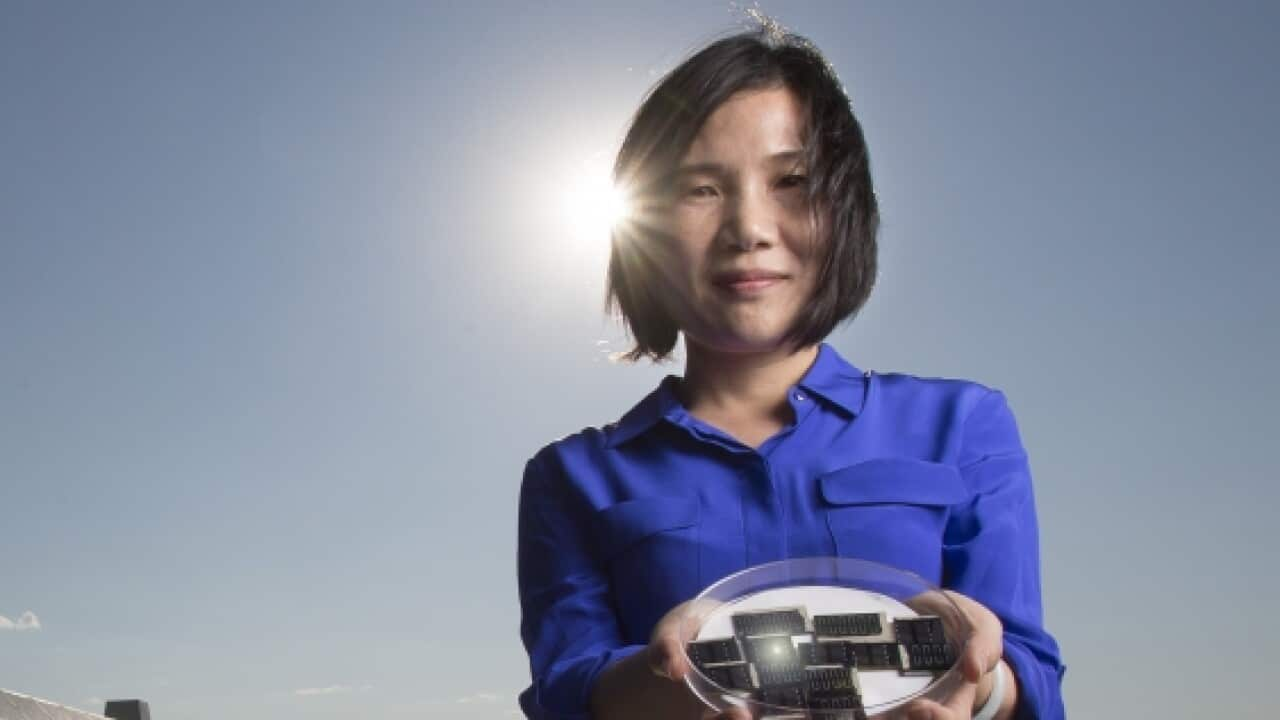Published in the journal Science Advances, the paper Endoplasmic reticulum mediates mitochondrial transfer within the osteocyte dendritic network also involved scientists from the Perron Institute for Neurological and Translational Science and from China, the US and Japan.
Lead author Professor Minghao Zheng, who is Associate Dean of UWA’s Faculty of Health and Medical Sciences and head of Brain and Bone Axis Research at the Perron Institute, said cells in the body have individual tasks and usually work together as a team, sharing resources to repair damage and maintain healthy bodily functioning.
“However as people get older, their cells deteriorate and lose their ability to share resources,” Professor Zheng said.
“This results in body health declining, with some cells unable to perform their usual tasks which can lead to the onset of diseases.”
Professor Zheng said mitochondria, the powerhouses of cells, played a critical role determining how resources were shared between cells.
“There have been many studies on mitochondria, but what makes them share resources remains unclear,” Professor Zheng said.
The researchers found the relationship between the mitochondria in bone cells (osteocytes), and the dendritic network which connects cells together, determines what makes cells share or do not share resources.
“The intricacies of how the relationship works between mitochondria and the dendritic network is complex and is something we are investigating,” Professor Zheng said.
“The findings are important and could aid the development of improved medical treatments and health benefits for the future.”
(Media statement from the University of Western Australia)











